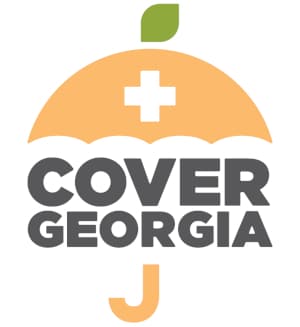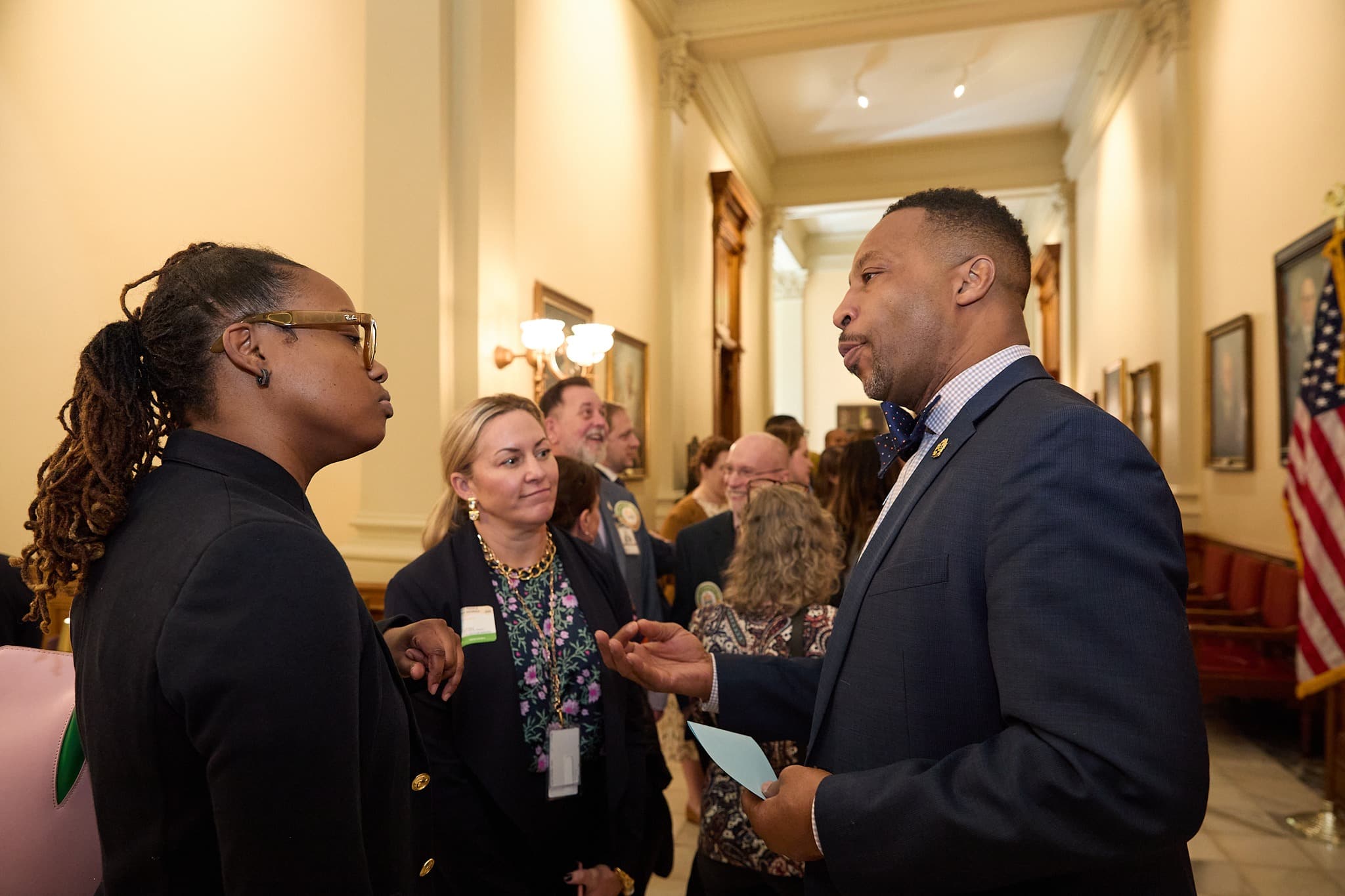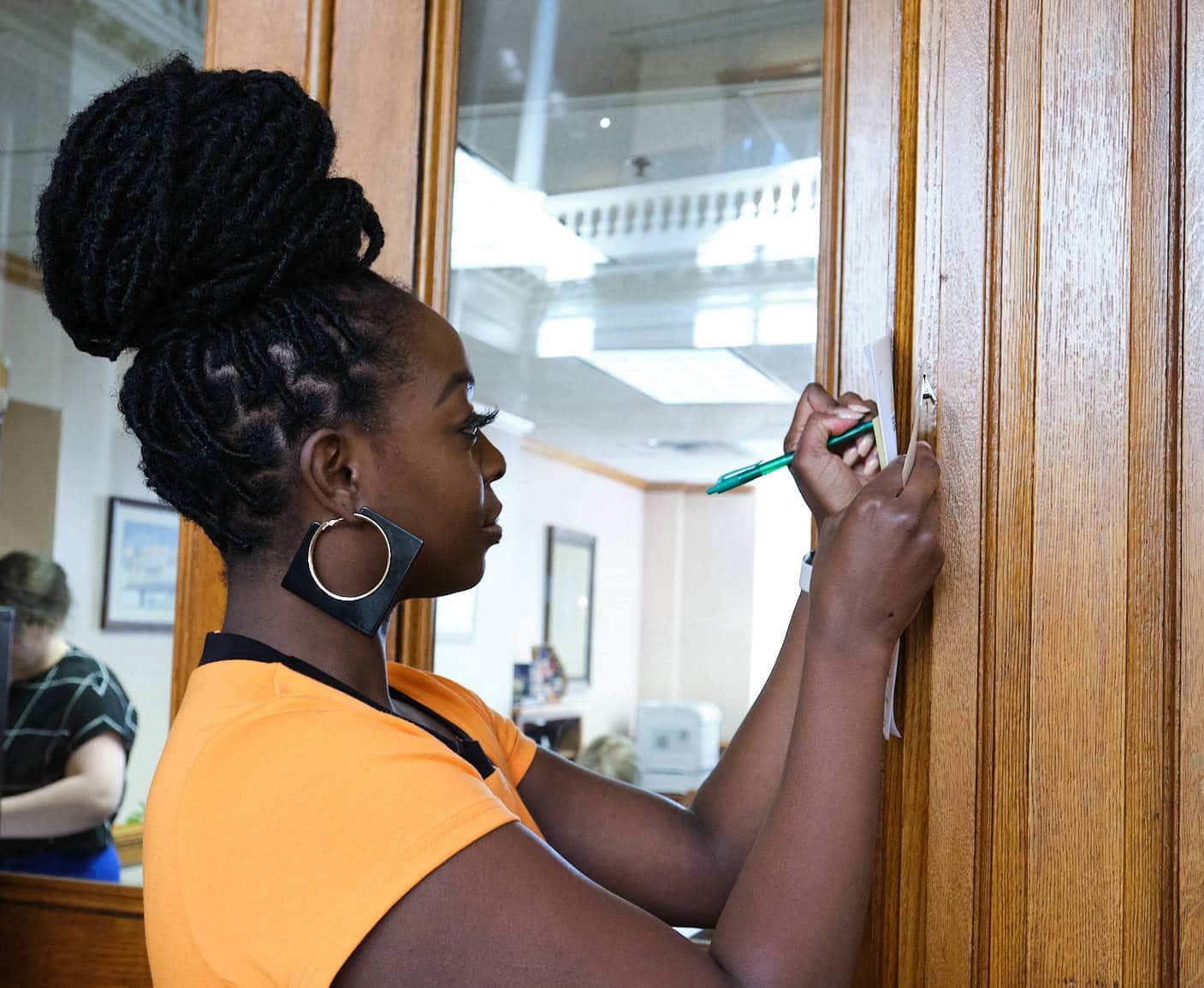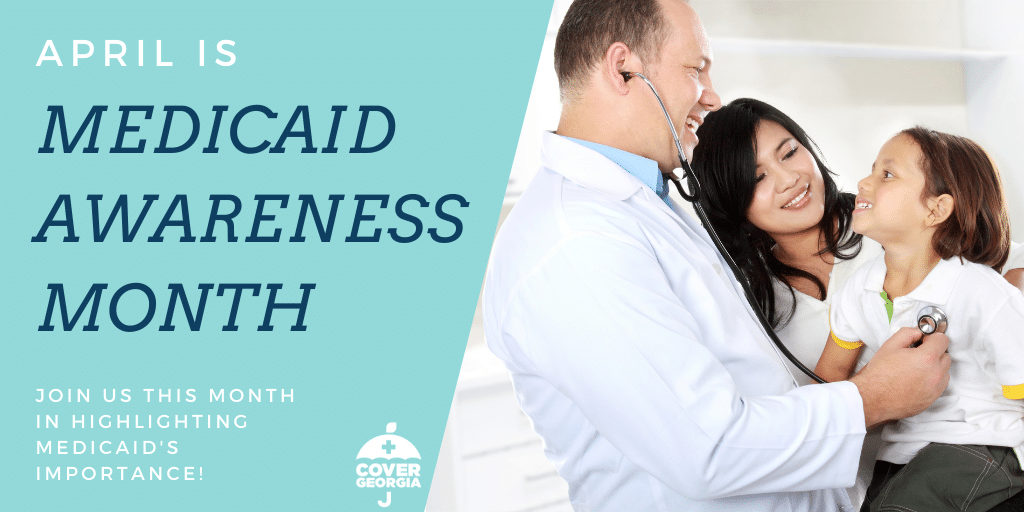
Left Behind: The Women in Georgia’s Coverage Gap
Women’s History Month Spotlight: The Stories of Georgia Women in the Coverage Gap In Georgia, women are the backbone of families, communities, and our economy. They are mothers, caregivers, essential workers, and small business owners. They are the ones who often put others first—making sure their children get to doctor’s appointments, their aging parents take their medications, and their neighbors have a meal when times are tough. But what happens when the women holding everything






